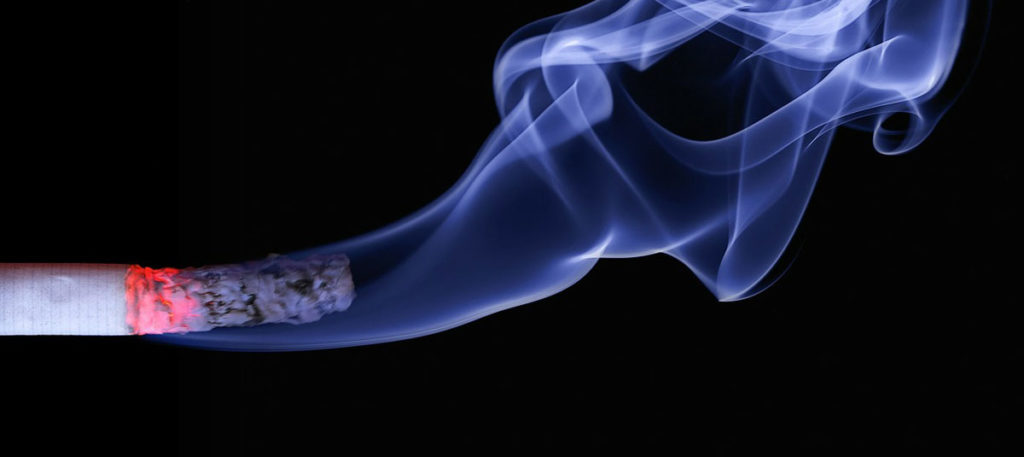
It’s no secret that smoking isn’t good for your physical health. But few know that smoking can have detrimental effects on plastic surgery experience and results.
If you’ve already planned to have plastic surgery and met with a doctor, there’s a good chance they told you not to smoke. However, this really shouldn’t be taken as a light suggestion. Not only should you not be smoking, but you should also avoid nicotine in all of its forms, including vaping.
Let’s take a look at why nicotine really should be avoided before, during, and after a plastic surgery procedure.
How Does Smoking Impact Plastic Surgery Experience?
When it comes down to it, nicotine changes the thickness of blood vessels. Healthy blood vessels need to be wide enough to facilitate blood flow and bring oxygen to tissues. If one is smoking or using nicotine, the nicotine will cause those blood vessels to shrink to an incredibly small size. Small blood vessels result in less blood flow to the tissues that need those blood cells to live. Without them, those tissues will die.
This could cause complications in the middle of your surgery, which can go from problematic to life-threatening very quickly depending on the procedure you’re getting.
How Does Smoking Impact Plastic Surgery Results?
There is a chance that nicotine consumption could impact the look, texture, and success of your plastic surgery procedure. There are even scarier results that could occur after the plastic surgery procedure is complete:
- Loss of cheek skin after a facelift
- Loss of nipples after a breast lift or breast reduction
- Loss of abdominal skin after a tummy tuck procedure
- Infections that can range from mild to extremely severe and life-threatening
- Death of fat cells, also known as fat necrosis, which can cause hard lumps
- Delayed wound healing
- Thick and wide scarring
- Blood clots, which can be extremely dangerous or fatal
- Extremely pain
- Permanent small vessel damage, which adds more risk even if you quit nicotine
- Loss of breast implants
- Life-threatening complications such as stroke, heart attack, blood clots, pneumonia, and more.
The best way to avoid these risks is to quit smoking, vaping, chewing, using nicotine gum or patches, and using e-cigarettes. You should do this three to six weeks before the plastic surgery procedure all the way through three to six weeks after the surgery is complete. Though it is definitely best to quit completely, and you’d be surprised at how well you may have adapted in those six to twelve weeks without nicotine in your body’s system!
If for whatever reason you slip up and use nicotine before your surgery, talk to your surgeon about what the best course of action should be, such as rescheduling the surgery. Slip-ups happen, but it’s better to be safe than sorry!
What do you think about the impact that smoking can have on plastic surgery results? Tell us about your nicotine-free plastic surgery success story in the comments below.

